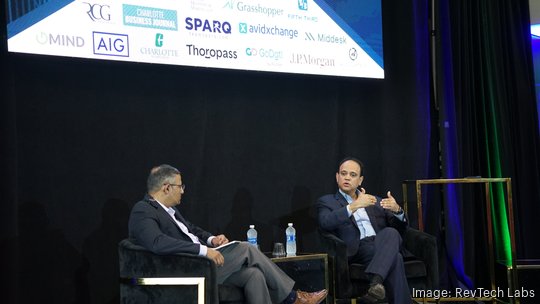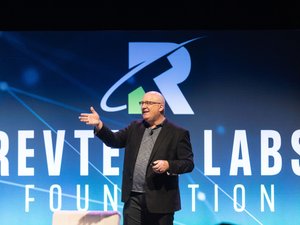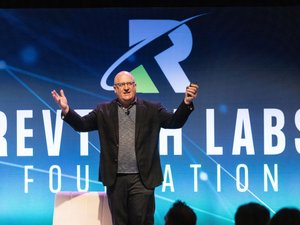
When it comes to digital shifts in the workplace, it's OK to not initially know an approach to how new technology can help rewire an organization, according to one expert.
Shekar Pannala, chief information officer of property and casualty at The Hartford, said mistakes are inevitable as companies modernize, but the lessons learned are key for digital growth.
"That's probably even more important. It's okay to make mistakes," he said. "Make some new mistakes; don't make them again."
Pannala discussed how digital transformation will shape the future of fintech and insurtech at the 10th annual Generations conference held June 12 at The Dubois Center at UNC Charlotte Center City. Ian Campos, executive vice president of IT consulting firm Capgemini, moderated the conversation. The event was hosted by RevTech Labs.
Over the last few decades, businesses and individuals have operated computers like second nature. When it comes to new technology such as generative artificial intelligence, providing training is important, but a mentality change must also take place to leverage the full benefits, Pannala said.
"The idea that you only interact with systems when you have to versus when you need to is a fundamental mindset shift that's not easy for people to do anything about," he said. "It does take time."
Gen AI has become increasingly popular over the last few years. But the next buzzword is agent architectures, he said. The framework defines the complex structures that shape how machines perceive, reason and act in their environments to produce autonomous intelligence.
Pannala said agent architectures push AI to perform like humans, not compete. It's important to keep in mind that the technology is designed to enhance a company's business model and core principles, he said.
Technology in any industry has been widely used as an enabler for businesses. Now it's one of the main drivers of companies, Pannala said.
Embedding new technology can be a task, especially for established companies. But the new reality they face is that incremental progress with digital transformation can create the most valuable impact, he said.
"You've got to think about it evolutionary, but keep in mind, whatever you do, it's not about technology," Pannala said. "It's about what business outcomes are you trying to reach."
He was asked what the contrast was between financial and insurance companies when it comes to integrating technology. Pannala said the financial services industry has standards that the insurance world lacks. However, insurance companies have cloud computing more at the center compared to the financial market.
Cloud computing — the on-demand availability of computer system resources, especially data storage — is one of the biggest enablers of technology innovation, he said.
"That's the foundational shift for all the distributed technologies that exist today," Pannala said. "As you think about cloud, make sure your data is there."







